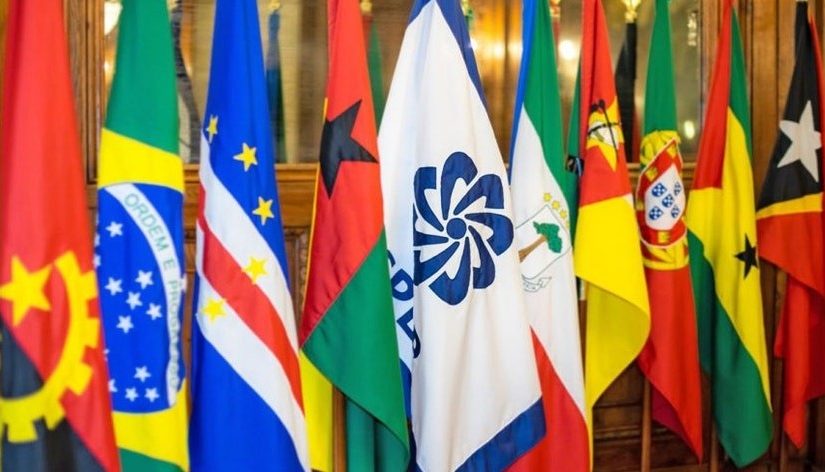Cape Verde floods kill at least eight people
CPLP: Brazil approves mobility agreement, Equatorial Guinea yet to provide information

File photo: Lusa
The Senate, Brazil’s upper house of Congress, has approved the mobility agreement signed between the countries of the Community of Portuguese-language Countries (CPLP), in a vote on Thursday evening.
The agreement had already been approved on 10 February in the lower house and was then sent to Congress for enactment.
According to the rapporteur of the issue in the Senate, Senator Nelsinho Trad, the CPLP mobility agreement, besides being legally adequate, is also politically convenient for Brazil.
“The rule aims to improve the CPLP regime, which has in Brazil one of its main pillars. In this era of greater exchanges and globalisation, legal security for the mobility of people is one of the main aspects to be guaranteed,” Trad said in statements reproduced by Agência Senado.
“In the case of the CPLP, which is a community that combines geopolitical interests with centuries-old cultural ties, this ambition becomes even more relevant,” he added.
The text approved in Brazil lists four situations related to the ease of mobility between the signatory countries: short-term stay, temporary stay, residence visa and residence permit.
With the approval by both houses of Congress, Brazil has formalised its adherence to the agreement signed at the summit of heads of state and government, last July in Luanda.
The agreement has already been ratified by five of the nine member states of the CPLP: Cabo Verde, Sao Tome and Principe, Portugal, Guinea-Bissau and Mozambique.
Of the remaining CPLP member states, the only one that has not yet provided information on the progress of the approval process is Equatorial Guinea.
The CPLP mobility agreement establishes a “framework of cooperation” between all member-states in a “flexible and variable” way and the States are provided with a range of solutions that allow them to take on “commitments arising from mobility in a progressive way and with differentiated levels of integration”, taking into account their own internal specifics, in their political, social and administrative areas.
In this context, they are “free to choose the mobility schemes, the categories of persons covered”, as well as the Community countries with which they wish to establish bilateral partnerships.
The agreement defines that the CPLP mobility covers holders of diplomatic, official, special and service passports and ordinary passports.
The issue of facilitating movement has been debated in the CPLP for about two decades but got a bigger boost with a more concrete proposal presented by Portugal at the Brasília summit in 2016 and became the priority of Cabo Verde’s rotating presidency of the organisation from 2018 to 2021.
The nine member states of the CPLP are Angola, Brazil, Cabo Verde, Guinea-Bissau, Equatorial Guinea, Mozambique, Portugal, Sao Tome and Principe and East Timor.












Leave a Reply
Be the First to Comment!
You must be logged in to post a comment.
You must be logged in to post a comment.